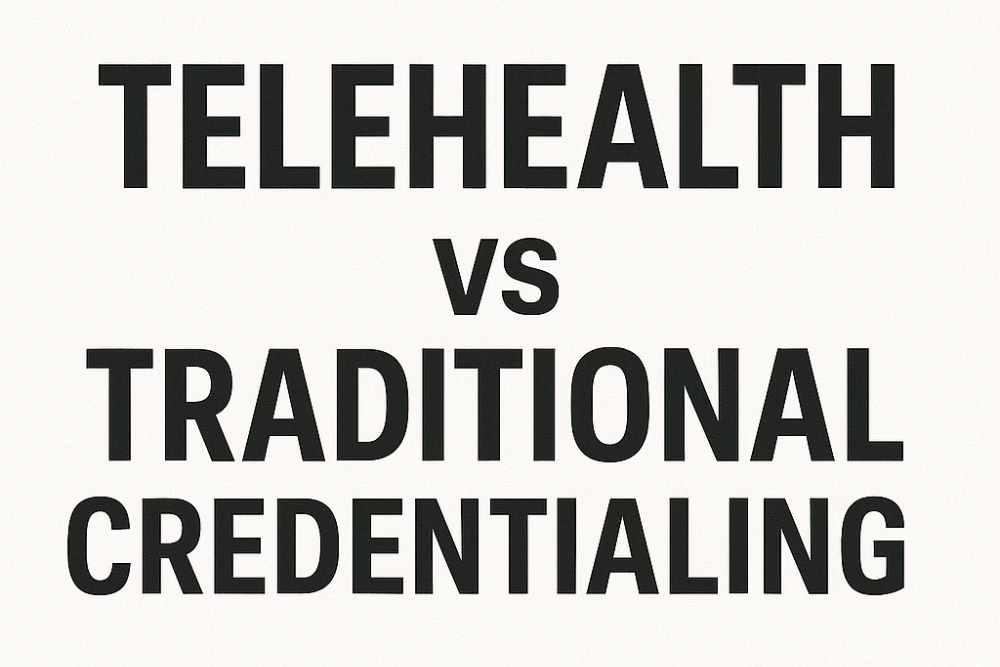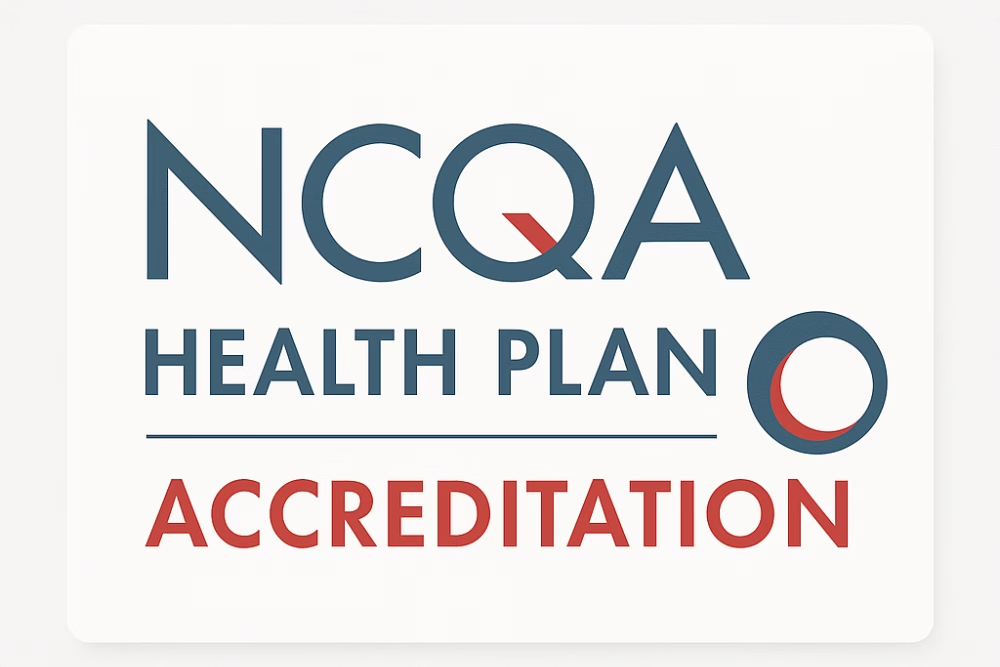Avoid Delays in Provider Onboarding
Credentialing involves license verification, education history, malpractice checks, and payer approvals. A delay at any stage can stall a new provider’s start date. Timely follow-ups with insurance payers, licensing boards, and credentialing committees help ensure the process stays on schedule, so providers can begin treating patients without disruption.
Stay Compliant with Credentialing Deadlines
Most payers and licensing bodies have strict submission windows. Missing a deadline could mean starting over or losing eligibility temporarily. Timely follow-ups in provider credentialing reduce the risk of missed deadlines, helping your practice stay compliant and in control.
Minimize Revenue Disruption
When providers aren’t credentialed, they can’t bill payers. That means zero reimbursement for their services. Following up proactively can reduce the credentialing timeline and get providers billing faster, protecting your revenue cycle.
Build Stronger Stakeholder Relationships
Frequent, professional communication with insurers, boards, and credentialing teams helps build trust and cooperation. It also ensures future applications move faster thanks to your solid reputation and organized process.
Identify Issues Before They Become Bottlenecks
Missing documents, incorrect NPI numbers, or name mismatches can derail credentialing. Regular follow-ups allow you to catch and resolve issues early—before they turn into major roadblocks.
Boost Provider Confidence and Satisfaction
Timely communication reassures providers that their credentialing process is being managed carefully. This improves morale and ensures they feel supported from the start.
Stay Ahead of Changing Regulations
Credentialing rules shift frequently across states and payers. Staying in the loop through regular follow-ups helps your team adapt quickly and remain compliant.
Effective Follow-Up Tips
-
Use Credentialing Software: Automate tasks, set reminders, and track status updates in real-time.
-
Document Every Step: Keep detailed records of calls, emails, and submissions to stay organized.
-
Be Respectful but Consistent: Follow up regularly without overwhelming your contacts.
-
Use Templates and Tools: Speed up your process with pre-written email templates and task checklists.
Simplify Credentialing with eClinicAssist
Managing timely follow-ups in provider credentialing can be time-consuming, but you don’t have to do it alone. At eClinicAssist, we help practices like yours streamline credentialing, follow up with stakeholders, and stay compliant with evolving requirements.
👉 Contact eClinicAssist today for a free consultation and let us help you reduce delays, boost revenue, and onboard providers faster.







